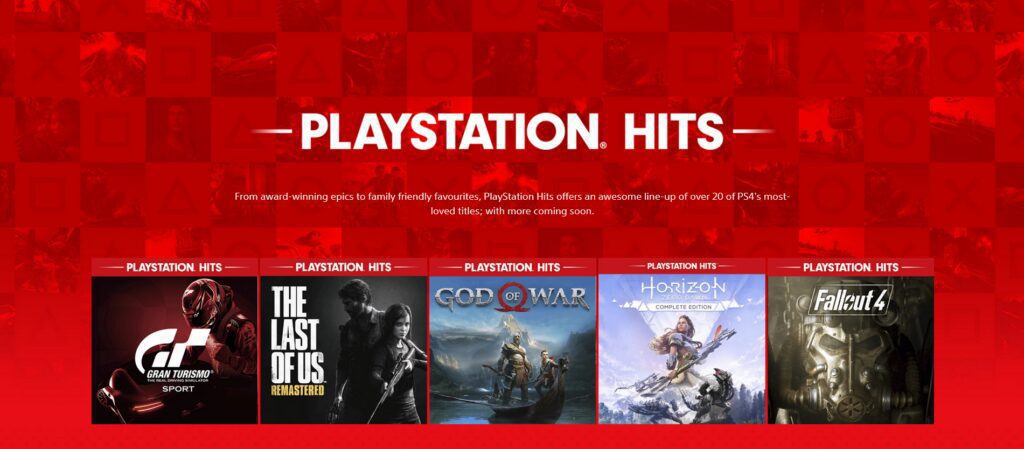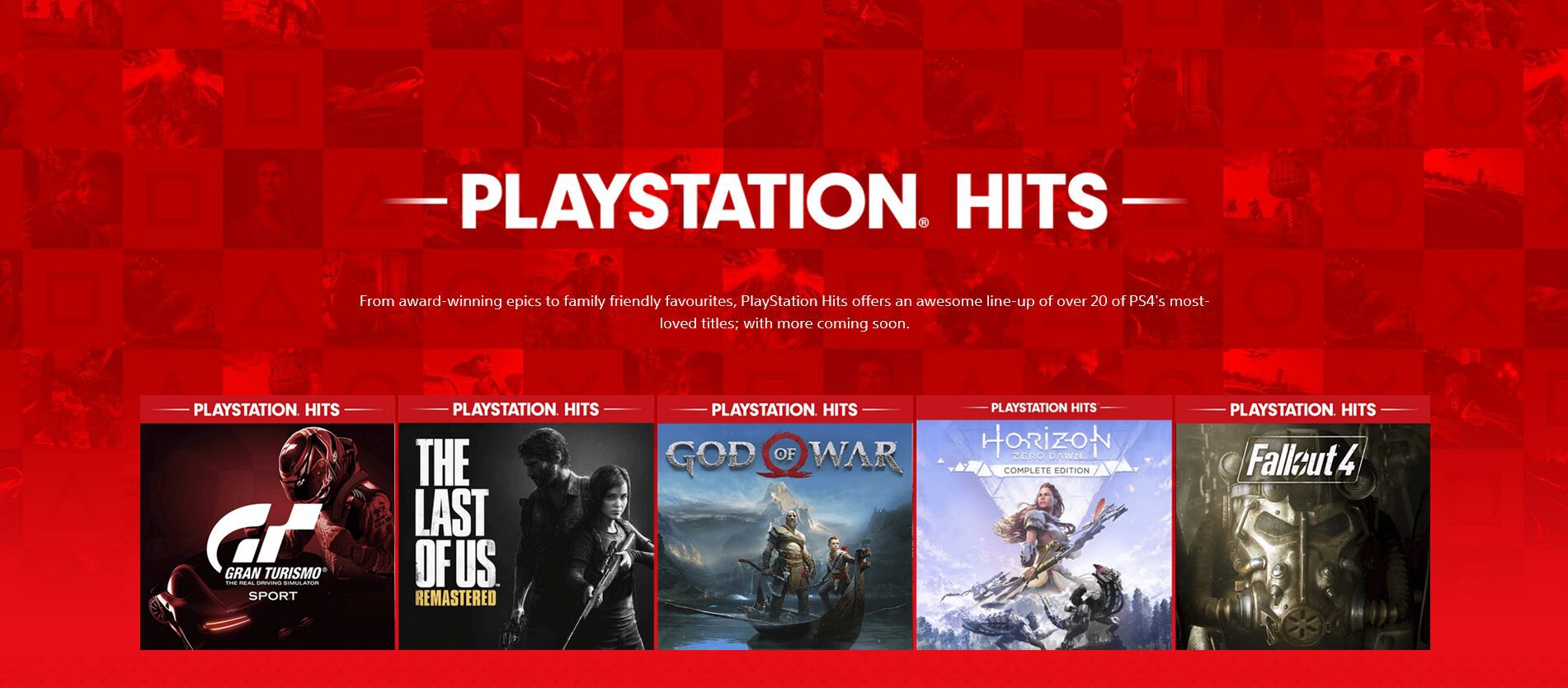
I’m just going to sit here and laugh at all of you in “nobody listens to me”.
Sony is staring down a potential class-action lawsuit over the prices of games on the PlayStation Store, with the claimants alleging that Sony is running a monopoly in doing so.
The story starts about 2 years ago. Sony restricted the sale of download codes by third-party retailers for their games. Granted, this move did not forbid the sale of credit, but then you’re still paying the prices that any given game is listed for on the PlayStation Store. They have their own sales, but that’s not quite the same, at least as far as the suit claims. Their statement, per Bloomberg:
Sony’s monopoly allows it to charge supracompetitive prices for digital PlayStation games, which are significantly higher than their physical counterparts sold in a competitive retail market, and significantly higher than they would be in a competitive retail market for digital games.
Well, it’s notable, at least to me, that they bring up physical versions here. Because while digital selling ameliorates some of the problems with rare, low print run games and scalpers on the secondary market, it also has the obvious downside that people who’ve been pushing digital generally ignored (and that’s aside from something like preservation). Namely, there’s no reason for Sony to put their best-selling goods on sale in digital, because they don’t need to get rid of physical product. At best, all they’ll really need a digital sale for is to adjust some numbers on a spreadsheet.
Physical media has to exist in meatspace, and while certain games being rare is a problem in that case, it means that when a store needs to clear stock on something that’s not moving like it did at launch or didn’t move much in the first place, they can mark it down. There are plenty of games I’ve bought physical for $20 that were still at or near MSRP digitally at the time because of this. But there’s no real reason for Sony (or any company operating a digital store) to do that, except when the game in question is at or near saturation, allowing them to squeeze a few more sales out of a game that had reached nearly the entirety of its audience.
Think every “Greatest Hits” game available; these are games that sold well at launch, continued to hit high marks for some time, then started to tail off after being on the market for a few years, necessitating a price drop to continue sales at a reasonable clip for an aged game. They are typically single player with no in-game purchases (though this is not exclusively the case, it holds true for the overwhelming majority), and are priced so that people who missed out or otherwise didn’t buy it due to lack of interest might be willing to drop $20 on them.
The problem is that there’s no need for “clearance” prices for digital distribution. The servers occupy the same space no matter what, and consumers are buying data, which can be copied for comparatively far cheaper than discs can be manufactured, shipped and, most importantly, stored. You’ve had people cheering on this model of doing business for 15 years and telling you that it’s cheaper for you (which may or may not be the case, but it’s definitely cheaper for the companies doing it) and that physical media is dying (a little chestnut I know for a fact many tech writers have been floating out there since the mid-2000’s). You’ve had these same idiots telling you that game streaming and cloud gaming is the future, while I’d argue it’s demonstrably a worse deal for the end-user, because you don’t even have local data of the thing you’re paying for.
Why did I go on this long-winded diatribe? Well, because if this even gets to trial, everything I put in the past 4 paragraphs comes into play. Because any corporate lawyer worth their salt is going to see/hear “physical counterparts” and respond with some variation of “then why didn’t you buy it physical?” To which there is no possible answer that will get a judge (most of whom are a generation or two older at least than the people filing this suit and summarily don’t understand this shit) to give a flying rat’s ass about the argument.
Nobody ever likes it when the piper comes due. But he always does.
Source: IGN

